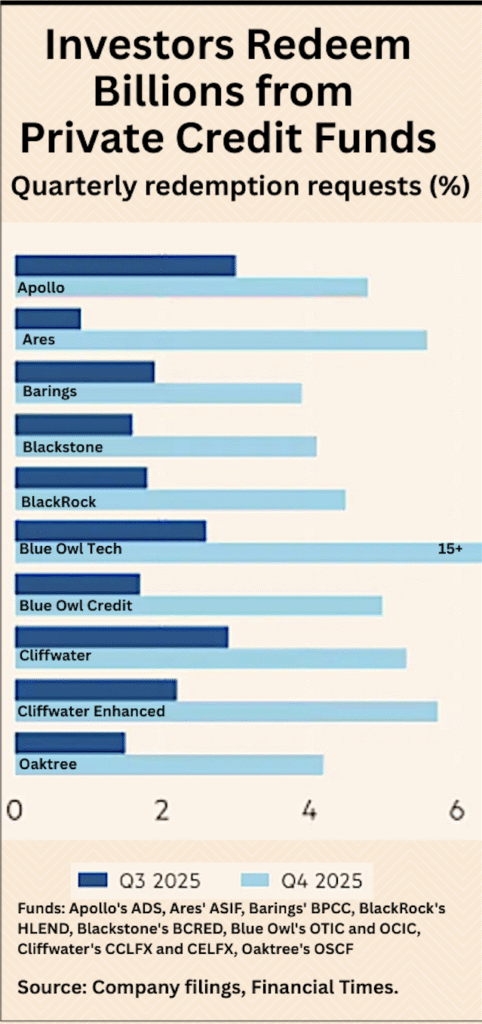
Conning Research has published a new research paper on the private equity and investment management firms that have recently entered the annuity market by purchasing life insurance companies that were divested in the wake of the 2008-2009 financial crisis.
The proprietary study, “The Retirement Market Attracts New Entrants: Alternative Capital Moves In,” “recaps and analyzes the market moves of the key alternative market players and their performance to date, and explores some possible strategies that may be driving this change. Further, the study provides profiles of the alternative capital players and their development to date,” a Conning release said.
In an interview with RIJ this week, Conning annuity specialist Scott Hawkins said:
“We tried to understand why these investment firms are in this space and what their entrances mean for established insurers.
“We looked at Athene, Harbinger, Guggenheim, and Global Atlantic. Global Atlantic we saw as moving to create a broad insurance platform and even expanding into life insurance. That’s a bit different from Harbinger, which has traditionally targeted distressed companies and then looked to sell them.
“And that’s different from Apollo and Guggenheim. They are investment companies, and owning an annuity business gives them access to a whole new pool of assets and a new type of client—the retail annuity client. That also enables them to manufacture GICs [guaranteed investment contracts] and stable value funds. It also gives them access to inexpensive capital to fund other investment products that they might want to create.”
Shorter bond maturities
Conning also looked into the business and investment strategies of those companies. “We found that they are offering higher credit ratings to rebuild sales,” Hawkins continued. “We did a study comparing their investments and returns with the investments and returns of similar insurance companies—net investment income over assets, and total returns including unrealized gains and losses—and there was not a lot of difference.
“In terms of investment strategies, however, there was some difference in asset allocation. The new entrants are shorter in their bond maturities. We took a look at the potential effects of rising interest rates and found that, all else being equal, the new entrants would capture more of the benefit of that because they have a shorter investment horizon on their existing investments.
“They also tended to invest more in ‘Schedule AB’ or alternative assets. Of course, the higher capital charges on those assets will serve as a natural limit on the allocations.”
Conning believes that the recent acquisitions are good for the retirement industry as a whole. “We’ve talked and written about the need for more capital in the life insurance industry so that the insurers have the capacity to capture more business in the retirement space,” Hawkins said.
“We’re just at the start of the process, but if the new entrants are successful they could attract more capital into the insurance marketplace. And if new capital does come in and pursues similar strategies, that could raise the value of the established players.”
© 2014 RIJ Publishing LLC. All rights reserved.



